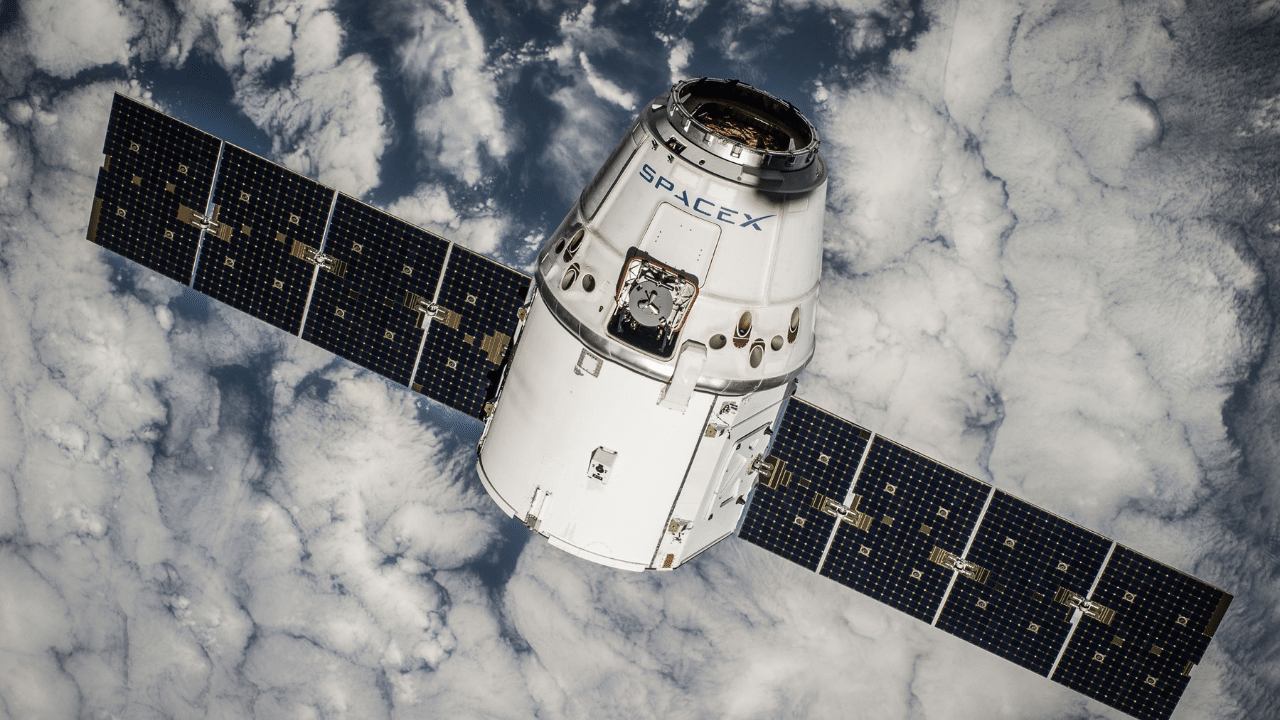The space debris removal market is witnessing exponential growth, projected to rise from $0.07 billion in 2023 to $0.4 billion by 2028. This growth is driven by increasing satellite launches and a heightened focus on space sustainability. However, the industry faces significant challenges, including sustainability concerns and shortages of skilled workers.
Market Growth and Key Drivers
In recent years, satellite launches have increased, space sustainability has gained attention, and satellite mega constellations have become more prevalent. According to Yahoo Finance, the number of international space launches for defense-related satellites increased from 146 in 2021 to 186 in 2022. There are a number of key players developing innovative solutions to address space debris, including Lockheed Martin, Airbus, and Astroscale (Yahoo Finance).
Sustainability Challenges
The exploration of space has posed substantial sustainability challenges. The exponential increase in orbital usage has resulted in over six thousand tons of space debris, making low Earth orbit (LEO) the world’s biggest rubbish dump. There is a serious threat that this debris could damage satellites and spacecraft in the future, posing serious risks to current and future space operations.
Technologies such as electrodynamic tethers, ultra-thin nets, laser brooms, and drag sails are being developed to mitigate these issues. Along with public initiatives such as the UK’s £3.5m funding package for satellite life extension, the private sector plays a vital role in managing space sustainability.

Talent Shortages
The rapid growth of the space industry has led to a shortage of skilled labor, particularly in mid-career roles. This shortage threatens the expansion of the industry and could lead to overworking of existing staff, negatively impacting their mental health and the quality of their work. Keeping industry growth sustainable requires addressing this talent gap through immigration and recruitment at an early stage.
To bridge these gaps, the UK is using visa routes to recruit overseas skilled talent. Moreover, businesses will soon be able to participate in the UK’s Migration Advisory Committee’s review, allowing them to voice their needs for a balanced immigration system that supports the space sector’s growth.
Europe is actively addressing the talent shortage in the space sector through various initiatives. To develop a skilled workforce, the European Space Agency (ESA) and national space agencies are investing in educational programs. In addition, the EU is enhancing mobility programs to attract international talent and facilitate cross-border expertise exchange. In countries like Germany and France, visa procedures for skilled professionals in the aerospace sector are being streamlined to ensure that the industry continues to thrive despite the growing talent shortage.
Future Prospects and Challenges
The global space debris removal market is experiencing rapid growth due to technological advancements and an increase in satellite activity. However, sustainability and talent shortages pose significant challenges. Innovative technologies and strategic recruitment are crucial for ensuring the long-term success and sustainability of space exploration.
For more detailed insights, you can read the full articles on Yahoo Finance and Fragomen.





